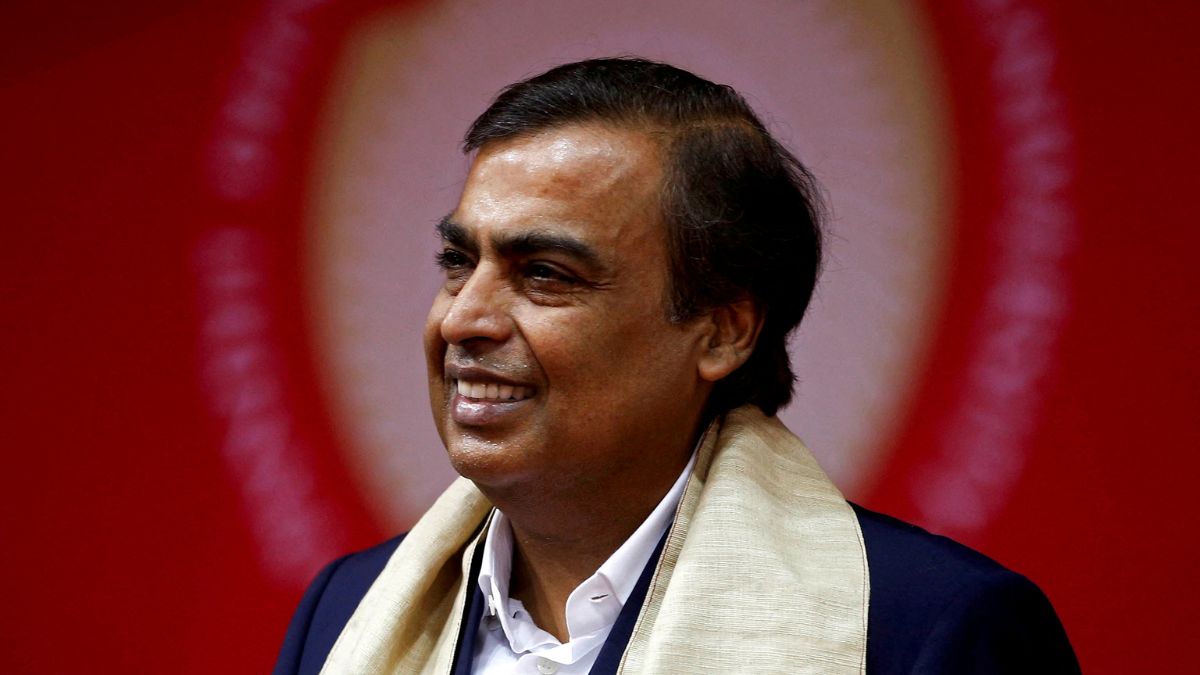Ireland’s absence of female CEOs is a reminder that there’s still work to do for women to have equal opportunities in top jobs read more
)
Where are the women CEOs? Illustration courtesy The Staffing Stream
Ireland finds itself in a less than flattering position alongside Luxembourg within the European Union, as it lacks any female CEOs in its listed companies. This development is particularly disappointing for a nation of 5 million people, known for its swift societal transformations.
As reported by Bloomberg, the retirement of Margaret Sweeney, CEO of Irish Residential Properties REIT Plc, marks a significant milestone. With her departure, all 31 companies listed on Euronext Dublin’s website will be led by men.
Highlighting a broader trend, Bloomberg cites a study by the European Institute for Gender Equality, revealing that only 8 per cent of CEO positions at the largest listed companies across the EU28 were occupied by women in 2023.
Gender disparity in EU management roles
This disparity underscores the ongoing challenges facing gender representation in corporate leadership roles across Europe.
According to data released by Eurostat in 2020, there are 6.7 million individuals occupying managerial positions across the 27 Member States of the European Union. Of this total, 4.3 million are men, constituting 63 per cent of all managers, while 2.5 million are women, making up the remaining 37 per cent.
Moreover, women hold slightly over a quarter of board member positions in publicly listed companies within the EU, accounting for 28 per cent of board memberships. Additionally, they represent less than one-fifth of senior executive roles, comprising only 18 per cent of such positions in 2019. This disparity indicates that despite comprising approximately half of the employed population in the EU, women still face significant under-representation in managerial roles.
In a study conducted by Eurostat in March 2020, it was revealed that based on the rate of progress observed from 2006 to 2023, it would take 162 years to close the gender gap in political empowerment, 169 years to close the gap in economic participation and opportunities, and 16 years to bridge the gap in educational attainment. The timeline for closing the gender gap in health and survival remains indefinite.
These studies show that gender inequality at work is complicated. They highlight the need for ongoing work to break down barriers and make workplaces better for women so they can be fully involved and represented in leadership roles.
In McKinsey & Company’s 2023 report titled Women Matter Spain, it is noted that while the corporate landscape has evolved to be more inclusive of women, a significant obstacle persists: the enduring presence of the glass ceiling. This metaphorical barrier continues to impede women’s advancement into leadership roles within organizations. Additionally, the report highlights another challenge known as the “leaky pipeline”, which describes the phenomenon of fewer women progressing up the corporate hierarchy as one moves higher within the organization. These constraints collectively underscore the ongoing hurdles that women face in achieving full professional advancement and representation in corporate leadership.
Glimmer of hope
The Global Gender Gap Report 2022, published by the World Economic Forum, presents data from the Global Gender Gap Index, which assesses the representation of women and men in professional, technical, senior official and managerial roles. Over the past five years (2017-2022), there has been a consistent global rise in the proportion of women occupying senior and leadership positions. In 2022, the global gender parity score for this category reached its highest point yet at 42.7 per cent, indicating significant progress towards gender equality in these roles.
Ireland’s absence of female CEOs is a reminder that there’s still work to do for women to have equal opportunities in top jobs. It shows that even in countries known for change, like Ireland, there are barriers for women in leadership roles. It’s a sign that we need to keep working to make sure women can get ahead in their careers everywhere.

 4 months ago
16
4 months ago
16
)
)
)
)
)
)
)
)
)
)
)
)
)
)
)
)
)
)
)
)
)
)
)
 English (US) ·
English (US) ·